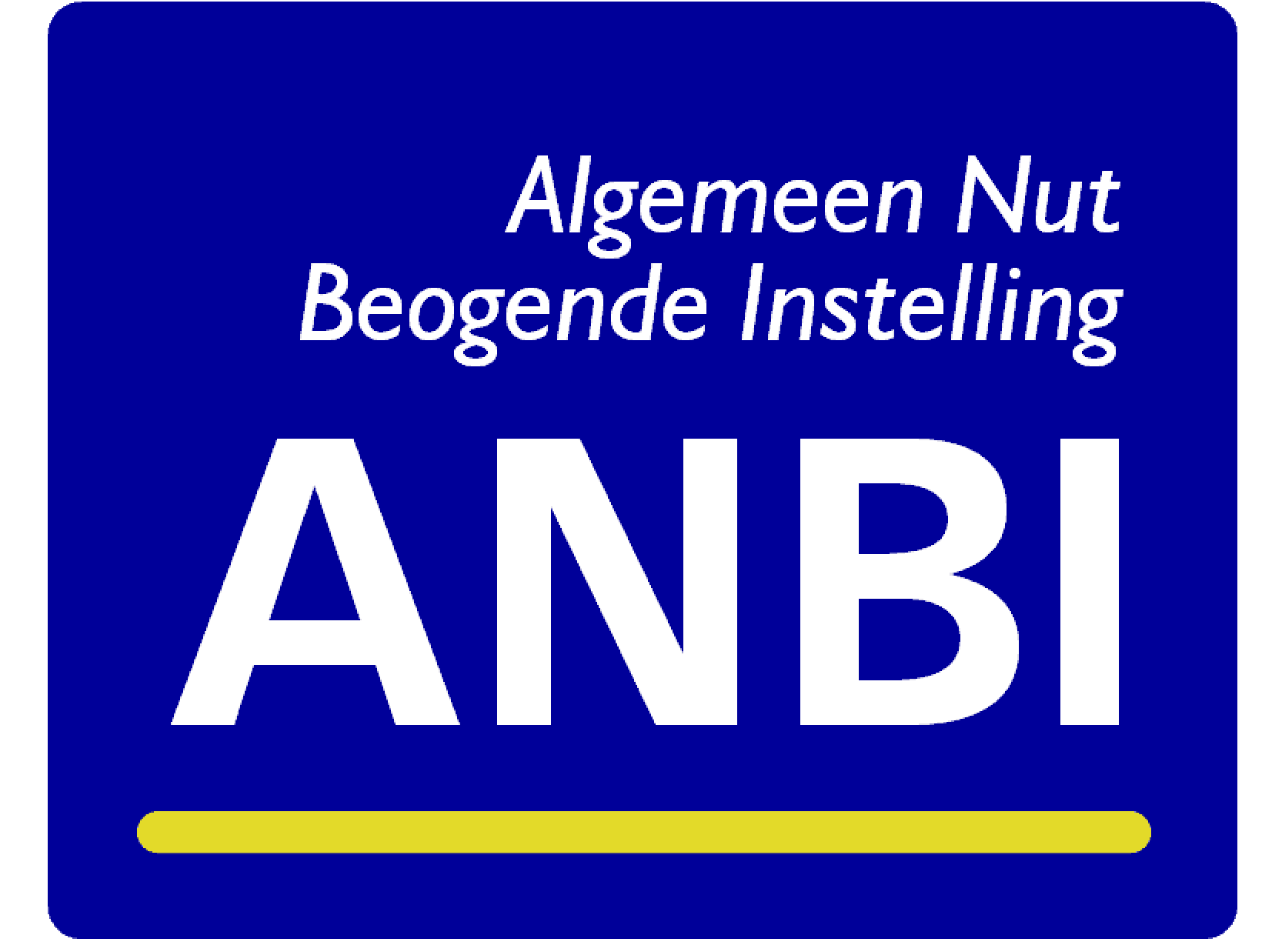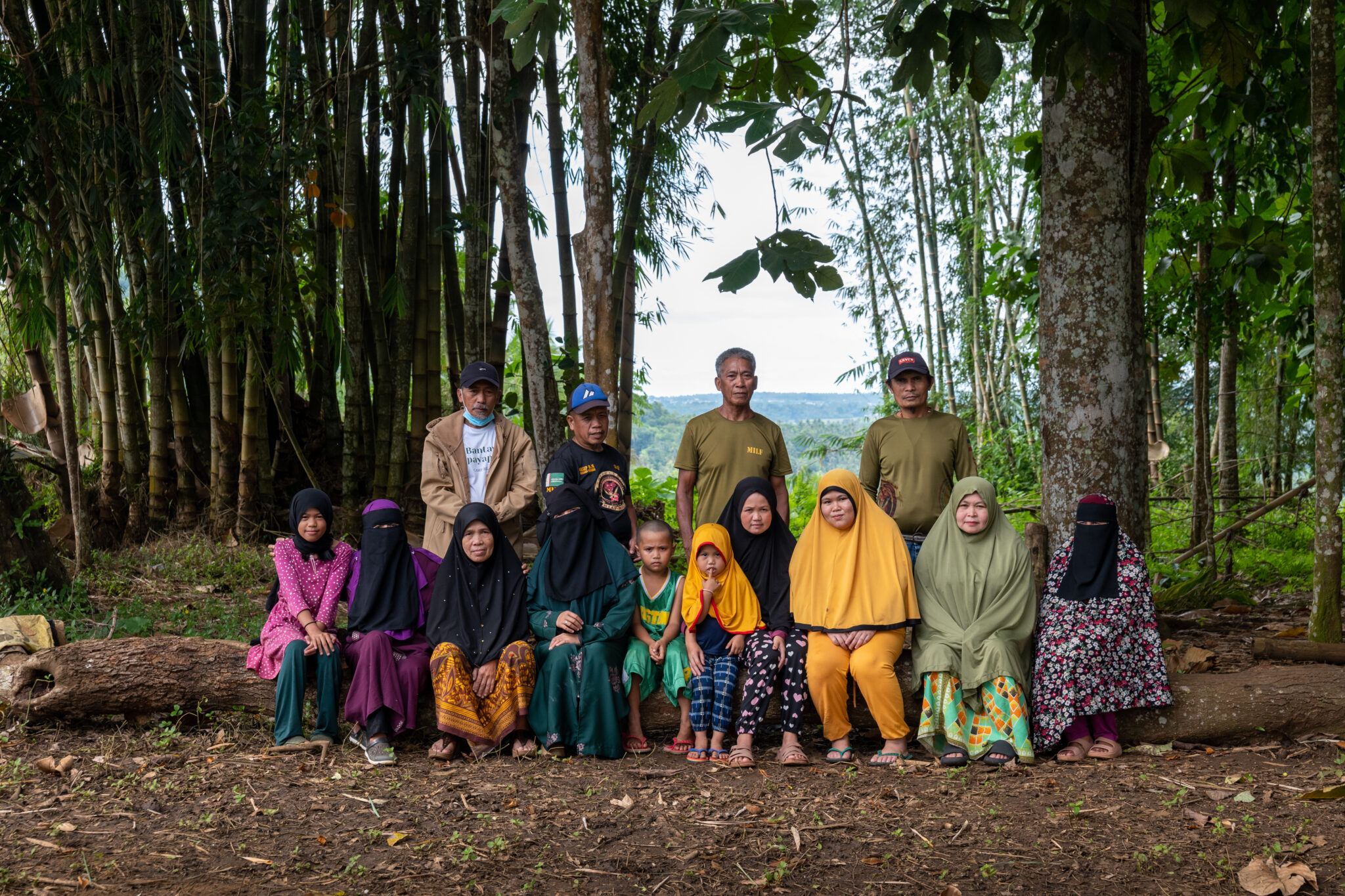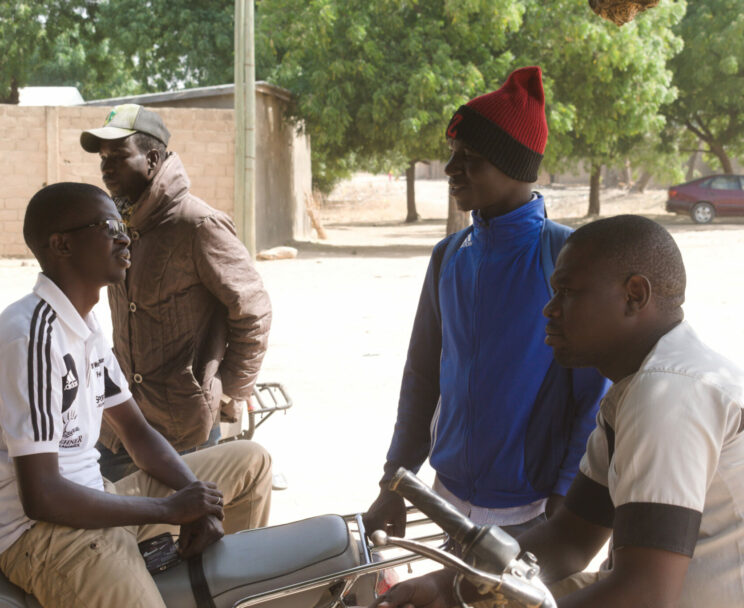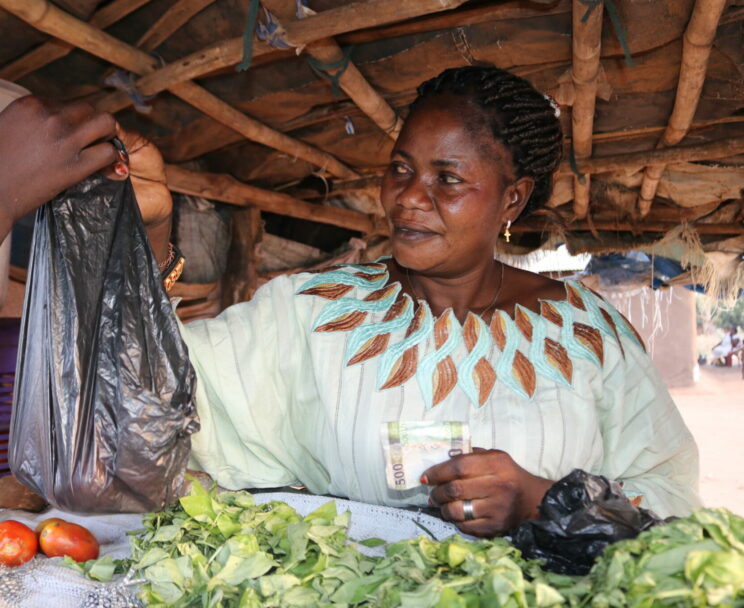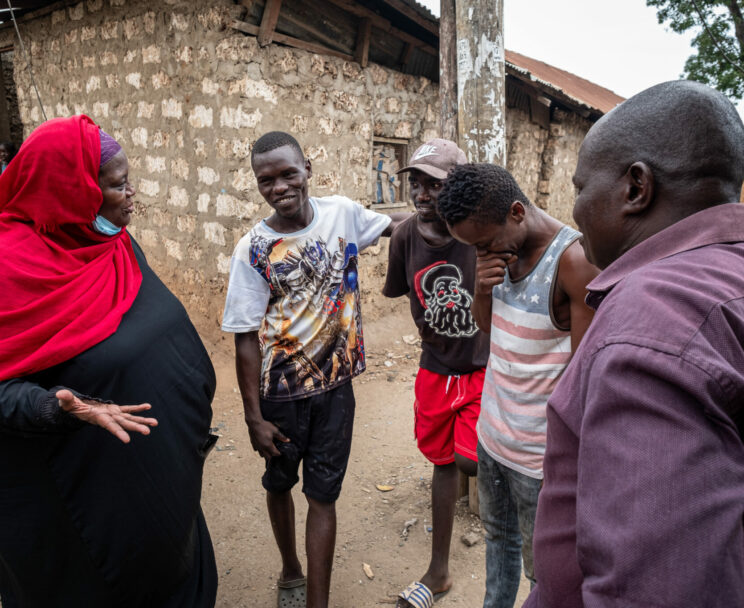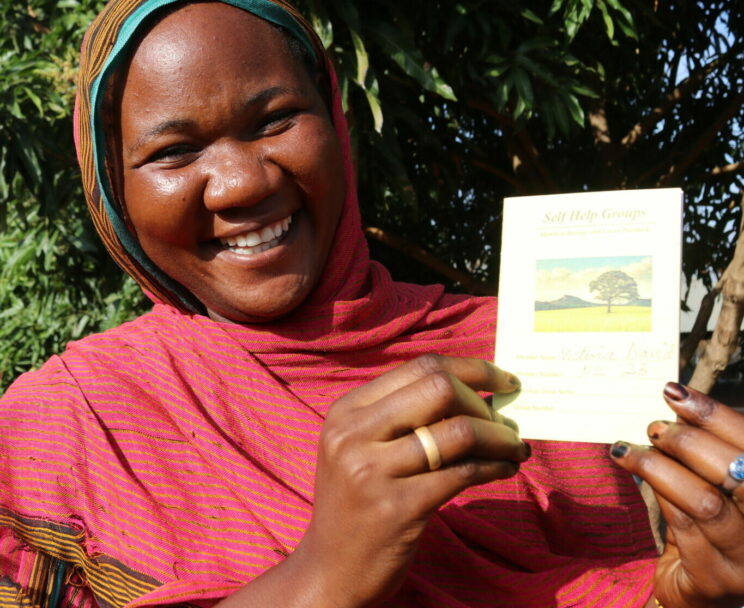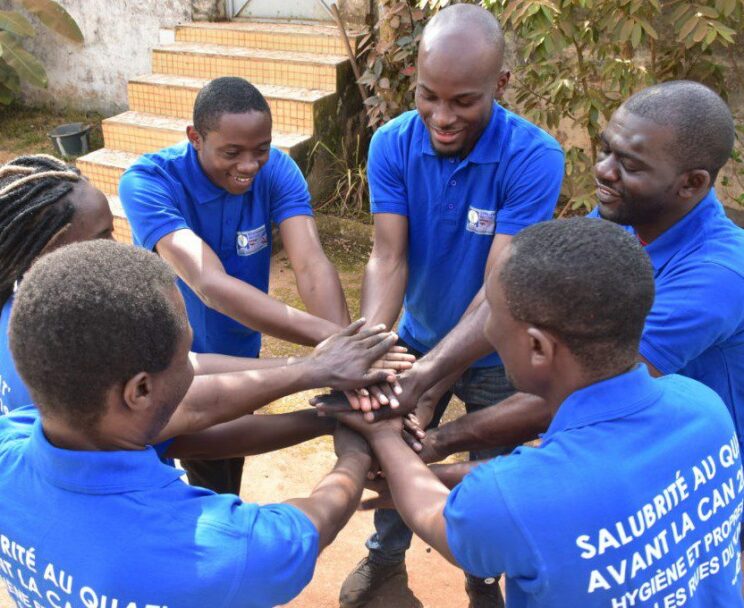How we address deep-seeded prejudices and intergenerational trauma
In the heart of the Philippines lies Mindanao, an island marked by a long history of conflict and a rich cultural tapestry. This region has endured decades of interreligious tensions and political disputes, deeply dividing communities and perpetuating a legacy of trauma. Mensen met een Missie, in partnership with local organizations, addresses these divisions through dialogue, fostering a culture of understanding and mutual respect. By exploring the unique challenges faced by these communities and sharing inspiring stories of transformation, this case study highlights the organization’s efforts to heal past wounds and build a foundation for lasting peace in Mindanao.
The Problem
Mindanao, the second-largest island in the Philippines, has been a hotspot for conflict for decades, primarily between Christian, Muslim and Lumad (Indigenous People) communities. The root causes of the conflict include historical grievances, political issues, and territorial disputes. Additionally, political issues and misunderstandings between different tribes have further complicated the situation, leading to violence and bloodshed. Decades of conflict have led to deep-seated prejudices and biases that have since been passed down through generations.
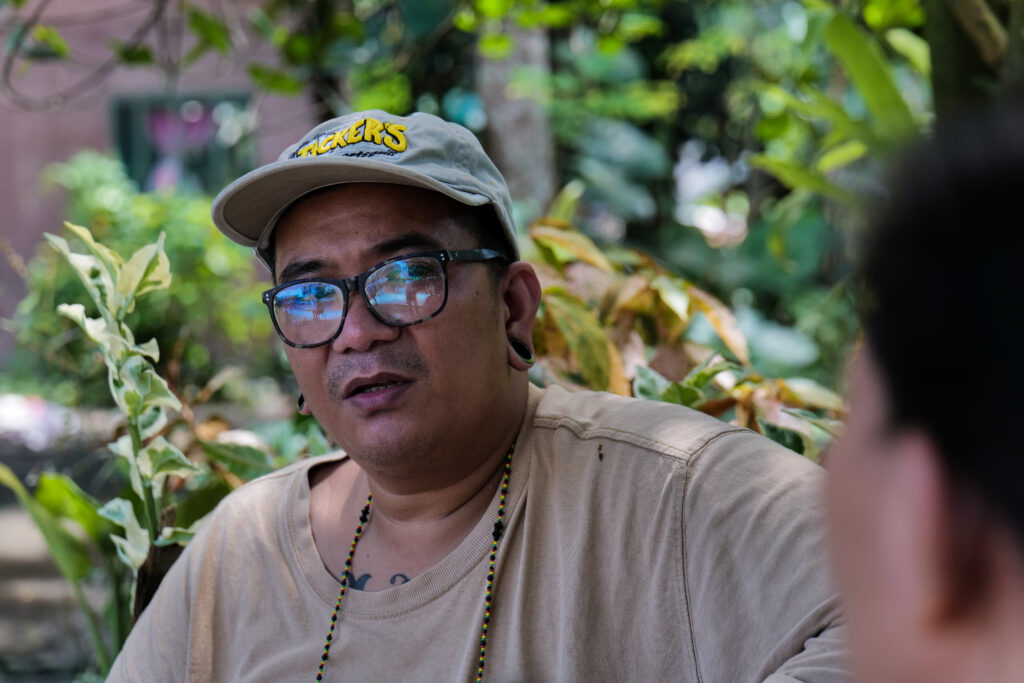

Fr. Adrian Villaester grew up in a Christian family in Iligan City and was exposed to negative views about Muslims from an early age, which were reinforced by his community and the media. These biases were so ingrained that he would avoid certain places out of fear of bombings by Muslim terrorists.
Our Approach to Peacebuilding on Mindanao
On Mindanao Mensen met een Missie works with several local organisations to address the ongoing conflict in Mindanao by promoting tolerance and understanding between different religious and ethnic groups. Activities include peace seminars, interreligious dialogues, and open forums where Christians, Muslims and Indigenous People can ask questions about each other’s beliefs. These efforts are aimed at breaking down stereotypes and building mutual respect.
Our local partner Pakigdait also focuses on intergenerational trauma by facilitating dialogues and workshops that bring together different generations to share their experiences and work through their traumas. These initiatives help to break the cycle of hatred and mistrust that perpetuates the conflict.
The Parents-Children Conversation for example, allows families affected by the 2017 Marawi siege to process their experiences. These sessions emphasize that harmful actions are the result of individual behaviors, not religious beliefs, helping participants to separate their anger towards specific individuals from their views on the broader Muslim community.
During his studies Fr. Adrian got involved with Pakigdait, which transformed his views on Muslims. His participation in events like the Church and Masjid visitation, where Muslim and Christian leaders visited each other’s places of worship, opened his eyes to the possibility of peaceful coexistence. He became an advocate for peace, working to address intergenerational trauma and promoting dialogue between different communities.
The Impact
The transformation of individuals like Fr. Adrian Villaester highlights the effectiveness of Mensen met een Missie’s approach. Fr. Adrian’s journey from harboring prejudices to becoming a peace advocate demonstrates the power of exposure and dialogue in changing deeply ingrained beliefs.
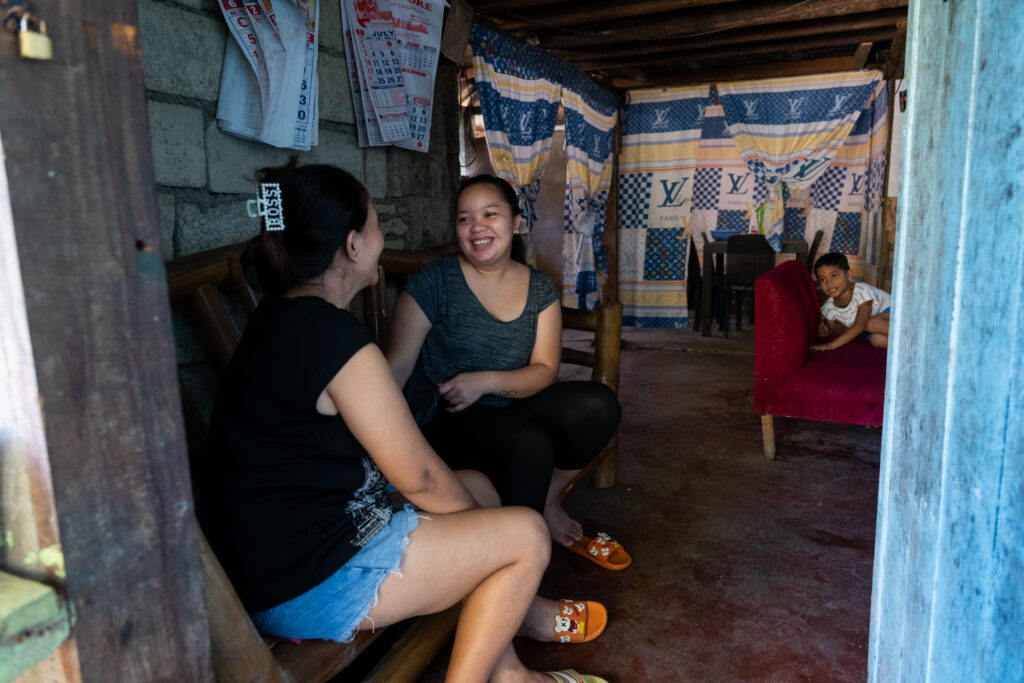

The Obedencio family’s story further illustrates the impact of Mensen met een Missie’s work. Despite the trauma of the Marawi siege, their participation in Pakigdait’s programs has helped them to process their experiences and reduce their fear of Muslims. Chyralynee, who once feared encountering Muslims in public, now feels less scared and is working towards overcoming her trauma. Her mother’s perspective on the Marawi siege and her continued respect for the Muslim community, despite her personal losses, show the potential for healing and reconciliation even in the face of profound tragedy.
The engagement with the camps of the Moro Islamic Liberation Front is another success story. Previously inaccessible, these camps are now open to peace initiatives, thanks to the efforts of Pakigdait. This change in attitude is indicative of the broader shift towards peace and reconciliation in the region.
Conclusion
Together with our Filipino partners we are making significant strides in promoting peace and understanding in Mindanao. By addressing deep-seated prejudices, facilitating dialogue, and engaging communities in peacebuilding activities, they are laying the groundwork for a more peaceful and inclusive future.


